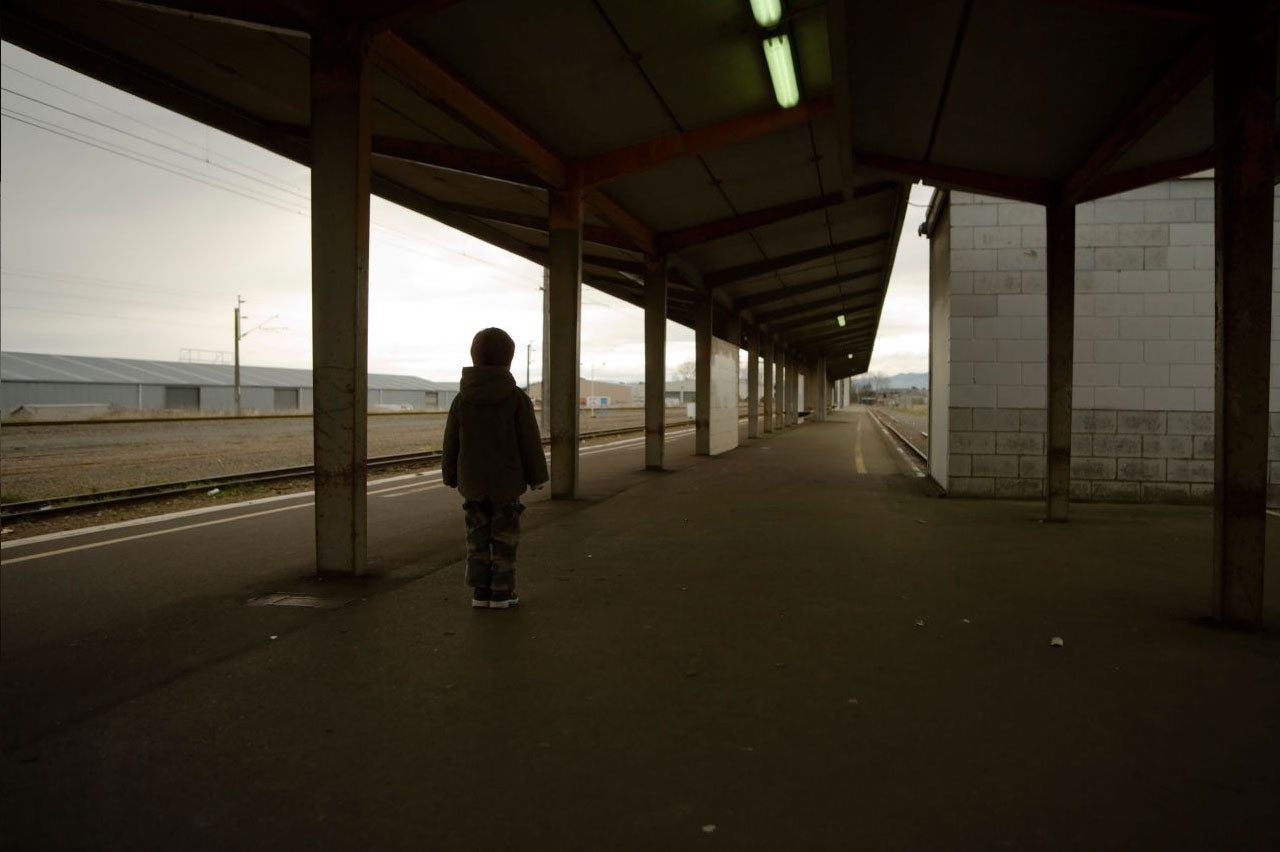Councils 'failing in duty to keep young runaways safe'
Only a quarter of local authorities follow rules on interviewing those who return after going missing

Thousands of children who run away from abusive homes do not receive proper "debriefs" when they are found, because local authorities are failing to follow government orders.
Many councils are failing to identify the mistreatment that causes missing children to leave home in the first place, because they are not fulfilling their legal duty to interview them, an investigation by the charity the Children's Society has revealed.
After submitting Freedom of Information requests to 134 local authorities, the charity warns that responses to missing children "are often not adequate," and that the way in which children are dealt with "remains inconsistent and patchy across local areas".
Government guidelines require councils in England to offer a "return interview" to every child who goes missing from home or care.
But fewer than half of councils in England offer the interviews to all children who go missing from care; just one-quarter offer them to all those who run away from home, the investigation found.
The interviews are vital in helping to spot children at risk, by finding out why they went missing and what happened to them. They can also help "disrupt sexual exploitation or abuse and provide evidence for prosecution", the report says. Although return interviews result in children being found at risk of "significant harm" in 30 per cent of cases, "provision remains inconsistent and patchy".
Matthew Reed, chief executive of the Children's Society, said: "Despite clear statutory guidance, many councils are failing to carry out their duty to keep these very vulnerable children safe." He added: "The safety and well-being of children must not be subject to a postcode lottery."
Around 18,000 of the 84,000 children who run away in England every year are abused or harmed, according to the charity. Yet the numbers of interviews carried out is a fraction of what is needed. Across more than 50 local authorities in 2011-12, fewer than 3,000 return interviews were done for children missing from care, according to the report. It calls for all children who run away or go missing from home, or care, to be interviewed within three days of being found.
Ann Coffey MP, chair of the All-Party Parliamentary Group for Runaway and Missing Children and Adults, said that with many children resistant to interviews which can become inquisitions, the manner in which they are conducted is also very important. "Sometimes the people who conduct these interviews don't know how to communicate with children," she said, "so it is crucial that arrangements are made so that they are with an adult that the child actually trusts."
Responding to the report, Andrew Webb, president of the Association of Directors of Children's Services, said: "While formal independent return interviews are an important tool to establish why a young person went missing or ran away, they are not the only opportunity to find out the circumstances surrounding a missing episode." He argues that "a full independent return interview is not always appropriate every time a young person is categorised as missing".
Jo Youle, chief executive of the charity Missing People, said: "The links between child sexual exploitation and children going missing are very well established." She added: "It is important that all councils fulfil their obligation to protect children by ensuring that return home interviews are consistently conducted nationwide."
A statement from the Department for Education said: "Councils have a legal duty to offer return interviews to every child that has been missing from care, and when they have concerns about the safety of children who have run away from home.
"We have published plans – developed jointly with the Children's Society – to strengthen the legal guidance councils must follow when children go missing, including on return interviews. This is part of a package of reforms to children's residential care to improve safety, stop children going missing in the first place and prevent them going missing again. From September, Ofsted will inspect councils' performance on how they are meeting these obligations."
Subscribe to Independent Premium to bookmark this article
Want to bookmark your favourite articles and stories to read or reference later? Start your Independent Premium subscription today.

Join our commenting forum
Join thought-provoking conversations, follow other Independent readers and see their replies